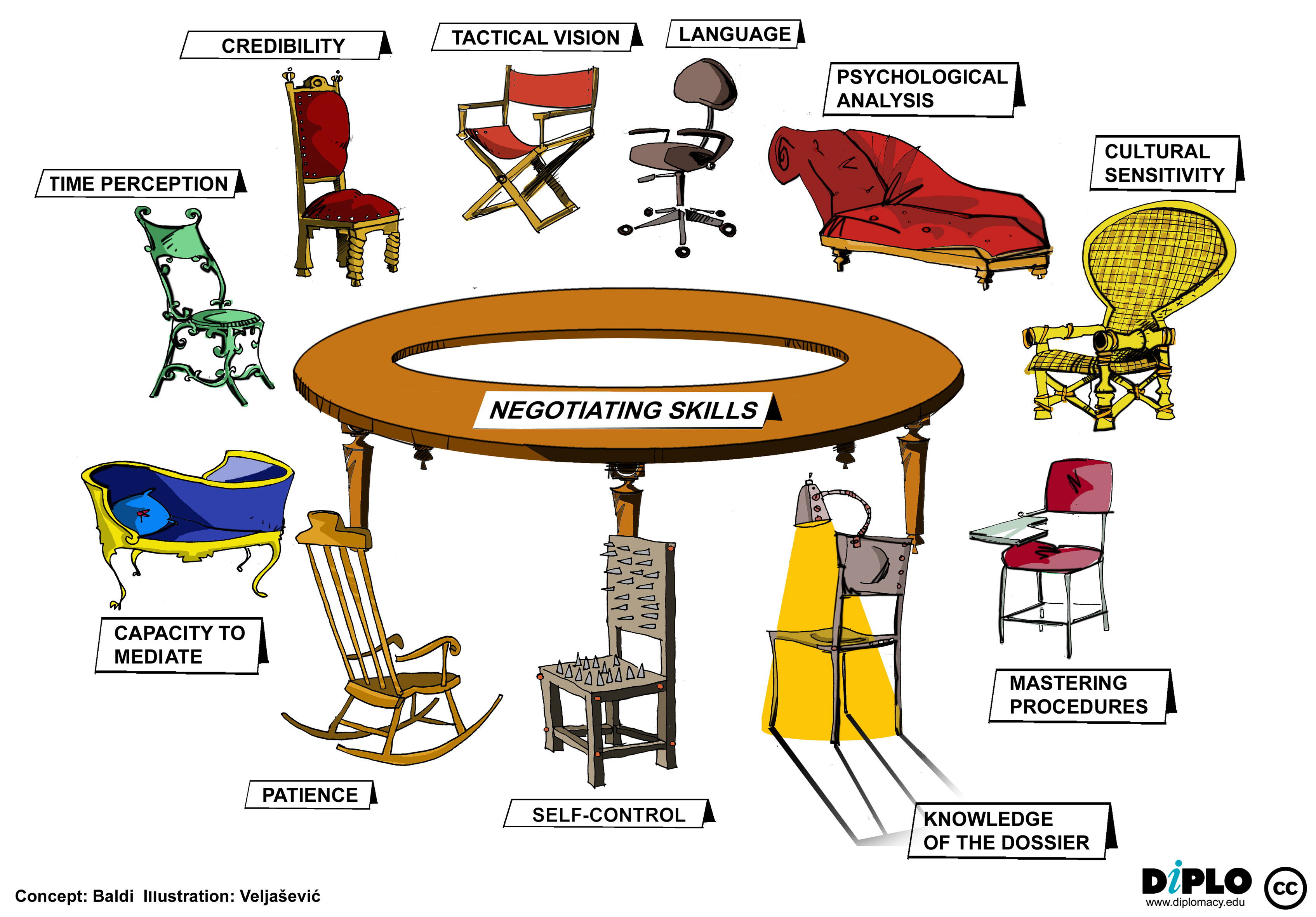The spread of social media has affected the way in which public institutions communicate with the public. Nowadays, governments have understood that social media have some benefits when used to be connected with citizens in a more transparent and accountable way, by communicating 1-to many rather than repeatedly 1-to-1. Social media are one of the few ways a government can directly and instantly receive feedback on its policies and decisions.
However, civil servants should be particularly careful when using social media, especially in their own time. In social media the boundaries between professional and personal can sometimes be blurred, and commenting on some issues could carry some risks, such as disclosing official information without authority or compromising the impartial service to the government.
For this reason, in UK Government Digital Service and Home Office have established social media guidelines for civil servants. The guidelines include these ten tips for using social media:
1. Have a clear idea of your objectives in using social media (behaviour change/service delivery/consultation/communication);
2. Learn the rules of each social media space before engaging;
3. Abide by the Civil Service Code and ask for advice if you are not sure;
4. Remember an official account belongs to the Department not the individual;
5. Communicate where your citizens are;
6. Build relationships with your stakeholders on and offline – social media is just one of many communication channels;
7. Try not to channel shift citizens backwards (move from email to telephone for example);
8. Do not open a channel of communication you cannot maintain;
9. Understand when a conversation should be taken offline;
10. Do not engage with users who are aggressive/abusive;
Read more on: http://bit.ly/KClufb

Image source: http://bit.ly/168Odoj










Recent Comments